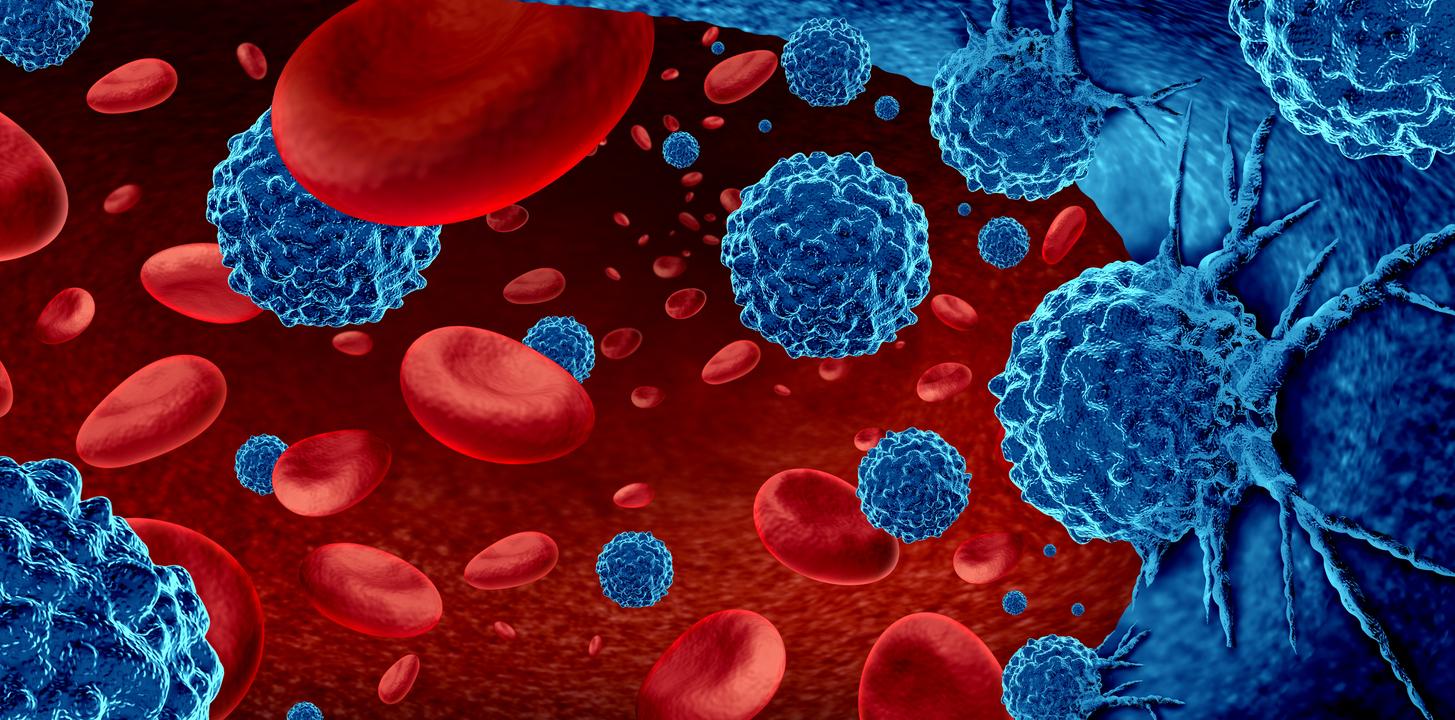On the occasion of the World Day of lymphoma held on September 15, 2016, the France Lymphoma Espoir association publishes a lymphoma study. This increasingly common and disabling cancer is still poorly understood by patients and their families.
The France Lymphoma Espoir association carried out a study with 668 people, patients and their relatives. The results of this survey revealed that two thirds of patients are afraid of relapse. A third of the individuals surveyed said they had experienced a change in their physical image and their social relationships, and almost a quarter (23%) had experienced a depression or a drop in self-esteem. This survey also tells us that almost half of the patients also feel “more dependent” because of the disease, and 28% of them said they had even moved to live with a loved one. A quarter (20%) lost their job or encountered difficulties at work or at school.
An increasingly common cancer
According to the Association, 18,000 new cases of lymphomas are diagnosed each year in France (and around 256,000 worldwide), making it the most common cancer in adolescents and young adults, and the fifth in adults. As they develop in the lymphatic system, they are responsible for 4,000 deaths per year in France. The World Health Organization has identified 80 different types of lymphoma listed in two broad categories. Hodgkin’s lymphomas, or “Hodgkin’s lymphomas” which represent less than one in seven cases of lymphomas and non-Hodgkin’s lymphomas, called “lymphomas”, which are the most frequent and whose number of cases increases by nearly 5% per year for several years.
A difficult diagnosis
“The causes of lymphomas are unknown but it is assumed that certain chemicals and environmental factors could promote its development, ”said France Lymphoma Espoir, in a press release. Often difficult to diagnose, this cancer is manifested by swelling of the lymph nodes, severe fatigue or permanent itching.
Read also:
Cancer: 4 questions we ask ourselves about lymphoma
Cancer: lymphomas and leukemias have doubled in 30 years
Video: patients lift the taboo on their disease


















